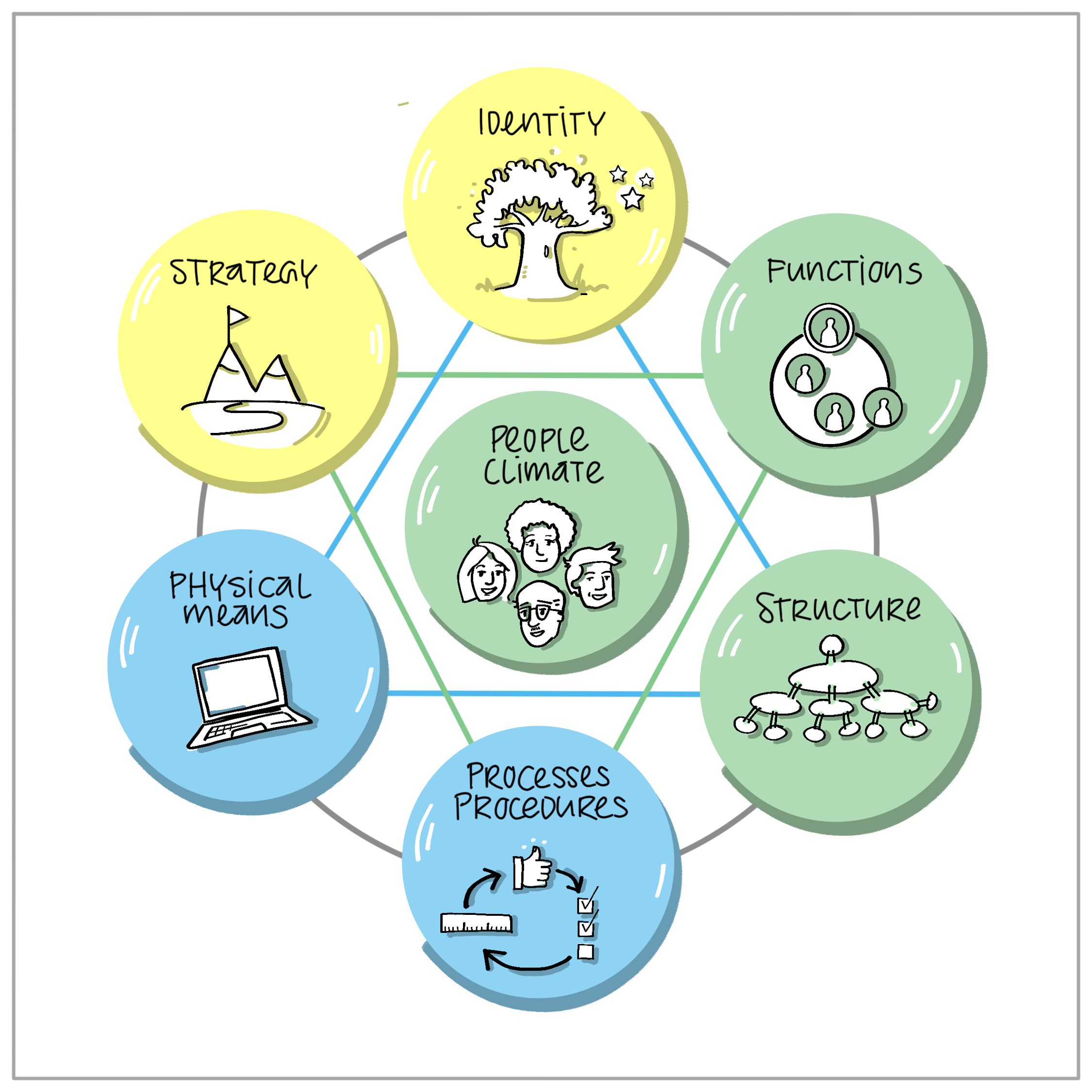What makes your association successful today?
Whether it's a new coffee machine for the neighbourhood association, organising a fundraising campaign for a women's shelter or renovating the changing rooms at the football club, association management expertise is in demand everywhere. At pasos, we are happy to offer our professional support.
What tasks need to be mastered?
Digitalisation, professionalisation and adaptation to changing membership structures are the key issues. Successful association management today means being flexible, innovative and having a clear strategic focus. Only those who put people at the centre of their activities will be successful in association management.
1. Digitalisation and modernisation of communication
Digitalisation has an enormous impact on association management.
- Digital platforms: Online platforms for exchange between members to promote networking and knowledge transfer. Internal processes such as member management and events are also increasingly being digitised.
- Social media: Increased use of social networks to disseminate current information, mobilise members and make your voice heard in political debates.
- Virtual events: Webinars, virtual conferences and online training courses are now standard.
2. Adapting interest representation
The political and economic landscape is becoming increasingly complex, requiring flexible and proactive interest representation.
- More intensive lobbying: Develop targeted strategies to exert political influence. Maintain continuous dialogue with political decision-makers and represent concerns clearly and factually.
- Networking: Strengthen cooperation with other associations, industry organisations and interest groups to exploit synergies and develop greater clout.
3. Member retention and recruitment
One of the biggest challenges for associations is declining membership and an ageing membership base.
- Diversification of offerings: Expand services to become more attractive to different member groups. This includes new services such as digital consulting, exclusive training courses or discounted events.
- Target group-specific approach: Increased outreach to young people and start-ups to attract new members. This can be achieved through innovative formats such as digital meetups or programmes tailored to the needs of young companies and founders.
- Strengthening the community spirit: Personal exchange and networking among members are promoted through regional meetings, specialist groups and joint projects in order to create a strong sense of community.
4. Financial sustainability and diversification
Since many associations are primarily financed by membership fees, securing their financial basis is an important challenge.
- Alternative sources of income: Search for new sources of income, for example through sponsorship, events or the sale of consulting services and publications.
- Subsidies and project financing: Use subsidies from government institutions or the EU to finance specific projects. This often requires the ability to submit complex grant applications and manage projects efficiently.
- Increasing efficiency: Optimising internal processes and reducing administrative costs in order to use resources in a targeted manner.
5. Strategic realignment and professionalisation
Adapting structures and processes to ensure long-term success.
- Professionalising leadership: Appointing a professional management team to better master operational and strategic challenges.
- Agile management: Introducing agile management methods helps associations respond more quickly and flexibly to change. Project-based work and iterative processes enable challenges to be addressed effectively and in a timely manner.
- Strategy development: Developing a clear, concise strategy that can be implemented quickly.
6. Diversity and inclusion
Promoting diversity in committees: Increasing the involvement of different groups, such as young people, women and minorities, in decision-making processes.
- Inclusion in events and services: There is now a greater focus on making services more inclusive, for example through barrier-free access, linguistic diversity or taking different needs into account at events.
Start an exciting journey with us! info(at)pasos.ch

